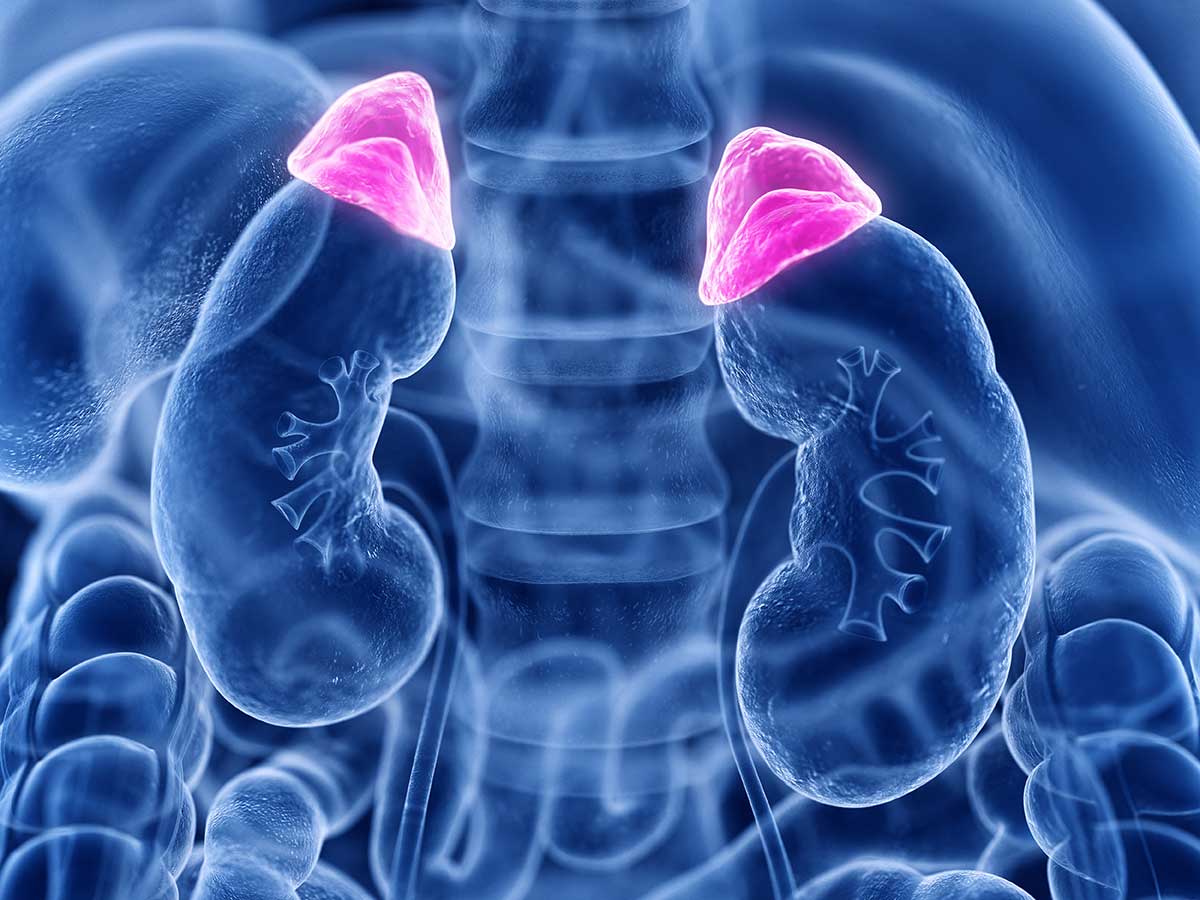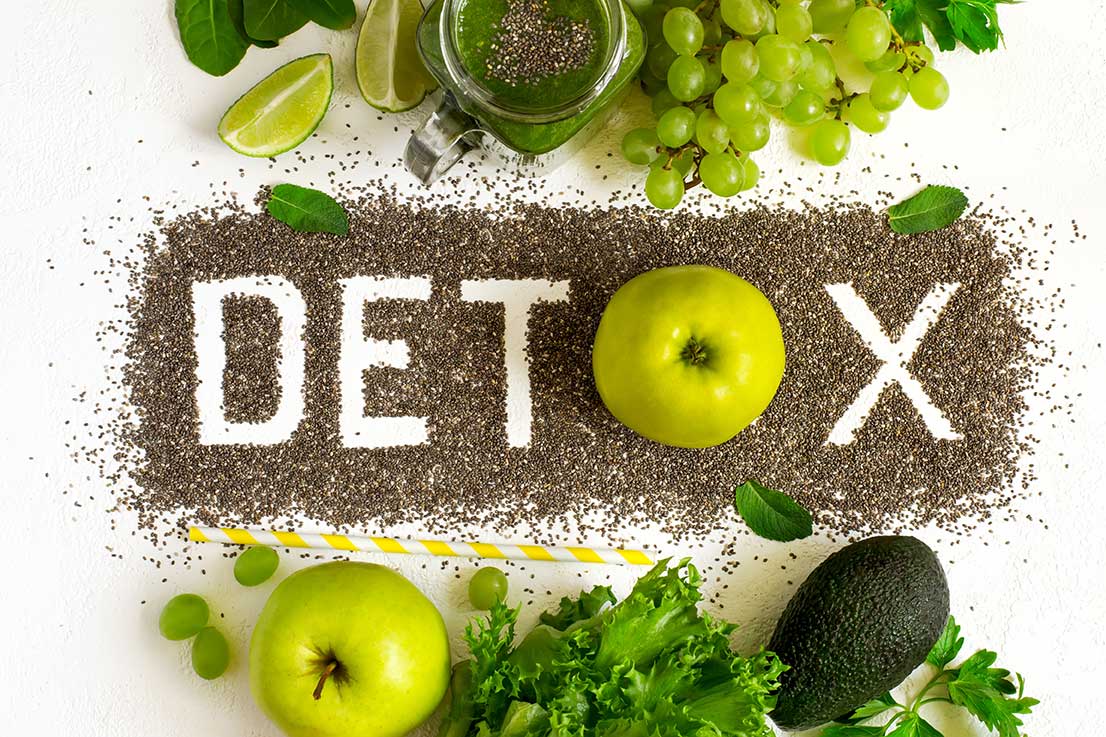Why gut health matters: Healthy gut = Healthy you
We hear a lot about the importance of gut health. But have you ever wondered why it’s so important? Our gut is closely connected to all our other body systems. It can affect not only how you feel but your overall state of health in some surprising ways! Did you know that gut issues can contribute to your mood and brain function, immune system, hormone balance, inflammation and pain, heart disease risk, and clearance of toxins? That’s a pretty big impact!
The gut, or gastrointestinal system, refers to our digestive tract from our mouth to the esophagus, stomach, small intestine, and finally large intestine including the rectum. It has several important functions: digesting and absorbing nutrients, eliminating waste or toxins, serving as a protective barrier to the outside world, housing our microbiome (gut bacteria), and production or regulation of hormones and neurotransmitters.
The Gut-Brain Connection: Improve anxiety, depression, and brain fog
Approximately 95% of your serotonin (a calming brain hormone) is made by bacteria in your gut. When serotonin is low you may feel depressed, or sometimes anxious, have trouble sleeping, feel nauseous or more hungry, and be constipated.
The gut is referred to as your “second brain”. Ever have butterflies in your stomach, or feel like you just need to “go with your gut”? Your gut and brain communicate with one another. This is called your enteric nervous system and it lines the inside of your intestinal tract. Its main job is to control digestion, release enzymes to break down food, and regulate blood flow that carries nutrients into your body or eliminates what isn’t needed. The enteric nervous system also causes emotional shifts and bowel function changes, like IBS, constipation, diarrhea, gas, bloating, or pain. Maybe you have felt nervous, anxious, or stressed and noticed a change in your bowel habits or upset stomach. This communication path goes both ways. Poor gut health contributes to mood problems and affects how we feel with low energy, focus, anxiety, depression, motivation, anger, or irritability. Studies show that people with IBS are more likely to struggle with anxiety or depression.
A Healthy Microbiome
Our gut contains trillions of microbial cells, including bacteria, viruses, and fungi. We have more microbes in our body than our own human cells. We need the right types and amounts of these healthy bacteria for optimizing our health. Two main types are Lactobacillus and Bifidobacteria. Our friendly bacteria make things for us that we can’t make for ourselves, like vitamin K, enzymes for hormone balance and detoxification, neurotransmitters for mood and brain function. Our microbiome plays a role in our metabolism, body weight regulation, and control of our blood sugar.
Having a healthy microbiome is closely connected to proper digestive enzyme function to break down our food well. If you aren’t breaking down your food completely, the undigested food particles overfeed the bacteria and cause bacterial overgrowth which produces gas, toxins, and abdominal discomfort.
What should you feed your healthy gut bugs? Fiber and polyphenols. Polyphenols have benefits far beyond gut function as they work to decrease risk of cancer, diabetes, inflammation, and have positive effects on brain and heart health. Incorporate prebiotic rich fibers like artichokes, bananas, asparagus, beans, oats, and apples along with polyphenols from green tea, dark chocolate, olive oil, and berries to promote an environment for a healthy microbiome to thrive.
What about leaky gut and intestinal permeability?
Our modern day life stressors have a huge impact on our gut. Everyday we face stress from physical, chemical, emotional, dietary, or inflammatory causes. Stress in any form has a negative impact on the gut. The lining of the gut wall is made of a tightly connected layer of cells that controls what passes from the outside world into our body. As you can imagine, having a strong barrier, or gateway, is important when we need to defend ourselves from invaders like toxins, chemicals, infections, or allergens. Stress on our body leads to a breakdown in this lining by creating a separation between the cells, or leaky gut, allowing invaders into our bloodstream and triggering inflammation. At the root of all metabolic, neurodegenerative, and chronic diseases is inflammation. It’s time to fight back and restore your gut.
Say goodbye to Leaky Gut and IBS – Rebuild your healthy microbiome today:
The 5R approach to restoring gut health:
- Remove: eliminate foods that you react to adversely for a minimum of 3 weeks (sometimes longer) to allow healing to occur. The most common culprits are sugar, vegetable/seed oils, dairy, and gluten. If that doesn’t seem to calm things down, then consider cutting out eggs, shellfish, nuts, and possibly nightshades. When you have a sensitivity to a food, it stimulates inflammation and can damage the gut lining leading to “leaky gut”. Some common food reactions to look for include: diarrhea, constipation, gas, abdominal pain, fatigue, achiness, swelling, headaches, skin rash.
- Replace: we need adequate levels of digestive enzymes, stomach acid, and bile. These are important for proper digestion of food to break it down well, absorb nutrients, and reduce overgrowth of bacteria. If you experience gas or bloating after meals, or feel like your food sits like a rock in your stomach, you might have low enzyme function.
- Reinocculate: rebuild healthy gut organisms with fiber and fermented foods. Fermented foods contain natural probiotics (good bacteria). Consider adding kefir, active culture yogurt, kimchi, kombucha, and sauerkraut to your diet. Start gradually and build up. Too much of a good thing can also throw off your balance. Listen to your body and slow down or stop if you are feeling worse instead of better.
- Repair: rebuild your gut lining with collagen, bone broth, and L-glutamine. Making your own bone broth is easy and a great source of collagen, minerals, and glutamine. Sipping a cup in the morning or eating soup for meals are some simple ways to work it into your routine.
- Rebalance: take a look at lifestyle factors and sources of stress. Good stress management leads to a happier, healthier gut balance. The opposite holds true as well. Where do you need to make some changes, deal with stressors, and support your wellbeing? Where does your source of peace come from? Focus on a positive mindset, time for self care and social connection, good sleep, whole foods, spending time outside in nature, meditation and prayer. Physical touch releases oxytocin, your bonding hormone, and is a powerful tool to decrease stress.
Typically we start with Remove and work forward from there. You can choose to do several things at once or take it a step at a time. Having a systematic plan in place will help you navigate the pieces that are impacting you most. If you are still struggling, feeling overwhelmed, or aren’t seeing the results you were hoping for, you may benefit from a deeper dive and comprehensive assessment of the state of your gut. Let’s identify the hidden factors that are disrupting your gut function and affecting how you feel. Clearly identifying the targets allows us to make a plan that is tailored for your needs and gets you on the path to feeling well again.
What is one thing you can start to change today? Listen to your body, give it what it needs, avoid what it doesn’t, and it will heal. You are well designed!




